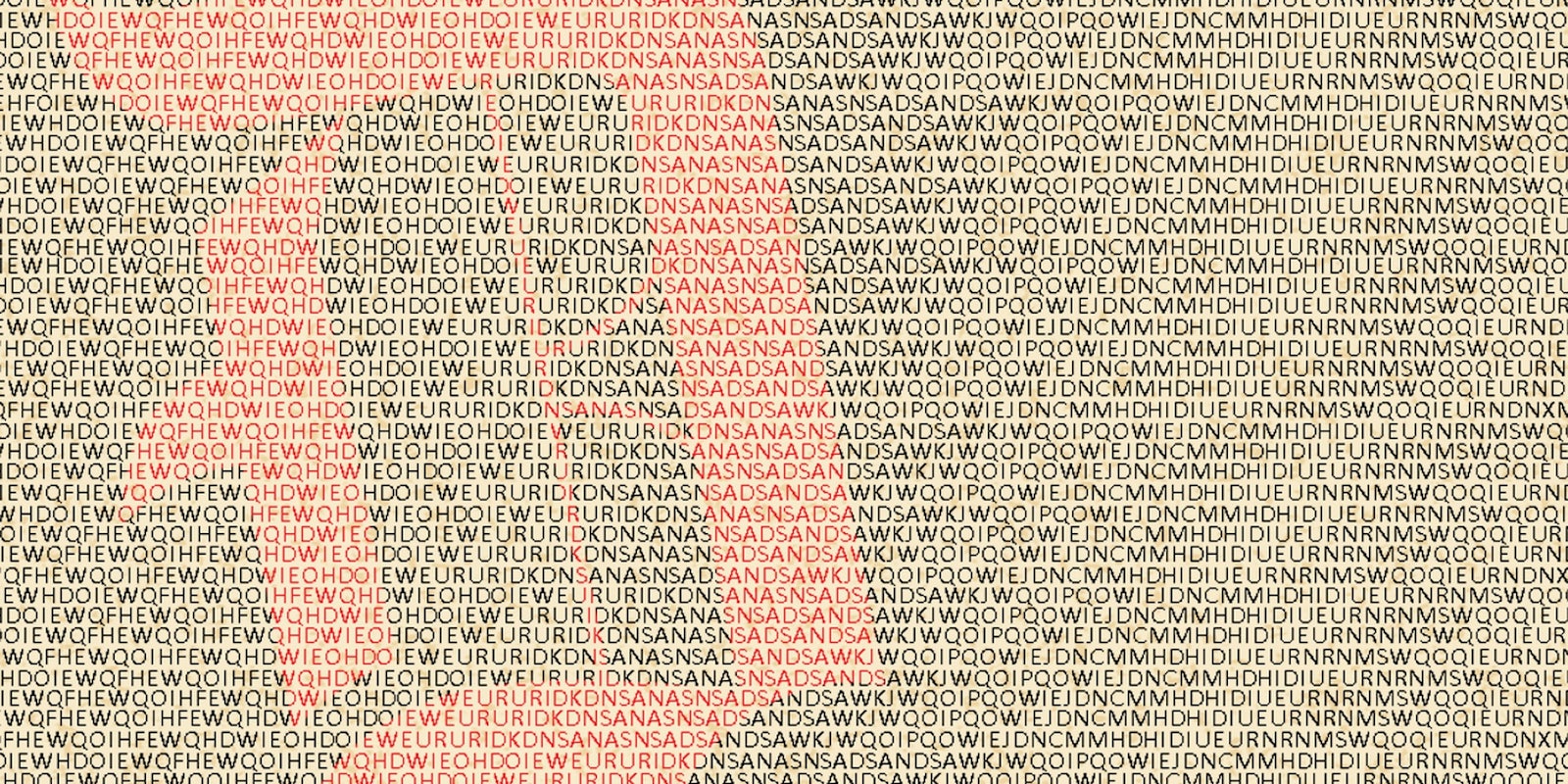The Web’s richest nerds and the industrialized world’s greatest bureaucrats gathered Tuesday and Wednesday in Paris this week to decide what to do with our Internet. How kind of them!
While no particular law will be enacted as a result of the meeting, broad recommendations will supposedly ensue (though they were never actually discussed in the forum). From the hints dropped, however, they seem to indicate that we’re one step closer to the day the barroom-brawl Internet we know now will come to an end — at least if these self-appointed grandees have their way.
The e-G8 Forum was a two-day wind tunnel of a conference convened by French president Nicolas Sarkozy, who also currently helms the G8, a group of the eight largest industrialized nations. (Seriously, if you’re going to start regulating something, you want a French socialist in charge.) It was scheduled to run in advance of the G8 meetup next week in Deauville, France, and is meant to provide the first world with some ideas regarding what they should do with this whole “Internet” thing.
Attendance seems to have been largely limited to government officials and leaders of some of the Internet’s most highly valued corporations.
Drafts of the recommendations from the forum apparently will call for new protections for children online, users seeking privacy, and copyright holders. The G8 will only issue a statement of broad policy, each point of which is relatively difficult to argue with on its own: Who wants to say we shouldn’t protect children from sexual predators?
But what might the actual regulations look like? Sarkozy himself is pushing for a “three-strikes law” in France that would suspend the Internet connections of digital pirates — including presumably anyone using BitTorrent, a file-sharing service used (quite legally) to distribute video-game updates and online video as well as copyrighted files. France already has enacted government powers to block sites containing illegal content, including child pornography.
In the UK, Prime Minister David Cameron is pushing for laws to stop Twitter users revealing the names of public figures suspected of adultery.
In a similar vein, Twitter UK top-dog Tony Wang told the audience at the e-G8 that Twitter would happily comply with laws to turn over user data saying, “Platforms have a responsibility, not to defend that user but to protect that user’s right to defend him or herself.” Sounding on the steps of the Louvre rather like Marie Antoinette, Wang said, “Let them exercise their own legal rights under their own jurisdiction …”
Note to Twitter, when telling users they’re screwed, don’t have a guy named Wang do it. Or maybe this is just part of Twitter’s corporate humor. It’s run by Dick Costolo, an actual standup comedian, and its official PR account is @twitterglobalpr, an apparent nod to the @bpglobalpr parody account set up after the Deep Horizon spill. Maybe this is like a fake twitter account, but in real life, and it went right over the audience’s heads.
OK, both Cameron’s laws and Wang’s comments have come up in reference to a soccer player in England who, despite an injunction against the news media, had rumors of his affair spread on Twitter. It’s hard to argue that a person shouldn’t be able to protect themselves against defamation, but how can such a law be abused? Where is the burden of proof? The precedent it sets bodes ill for the likes of, yes, @bpglobalpr and @FakeQueenElizabeth. (OK, the second account doesn’t exist, but shouldn’t it?)
Aside from such unintended black comedy, the event itself seems largely to have been political theater meant to smooth the way for more Internet legislation beyond the already considerable laws on the books.
According to tweets with the #eg8 hashtag and our eyewitness reporter, Daily Dot cofounder Nova Spivack, the conference itself mainly featured government leaders calling for government to protect people from the Internet and Internet executives like Facebook founder Mark Zuckerberg and Google chairman Eric Schmidt calling for governments to leave the Internet alone.
The audience, meanwhile, was made up of lesser digerati like media pundit Jeff Jarvis and Wikipedia creator Jimmy Wales, whose role was apparently to be hypnotized by the fabulous victuals, like Odysseus’s crew on the island of the lotus eaters.
Spivack describes the event as laden with “enormous spreads of gourmet food, teams of chefs and waiters marching in with the food at lunch … a private haute cuisine dinner at the Louvre for the attendees, directly under the pyramid, with private tours for attendees … massive wine tasting.” The wine, it turned out, was flown in from California — in the hold of Schmidt’s Boeing 767, perhaps?
“At the event itself, there has been a fair amount of skepticism and cynicism among the attendees in the hallways and outside the smoking areas,” Spivack said. What do the rest of the billion people on the Internet want? he and others are asking. No one seemed to be speaking for, let alone to, them.
It is too hard to take a census of the Web, of course. We can graph the world’s social networks online, we can give you ads for the products you’re most likely to want, we can even elect presidents via electronic ballot. But democracy over the Internet? The rich and the powerful say it’s impossible. Who are we to argue?


